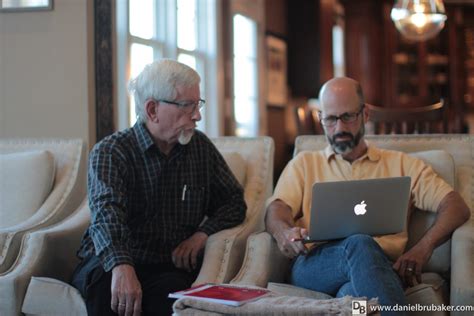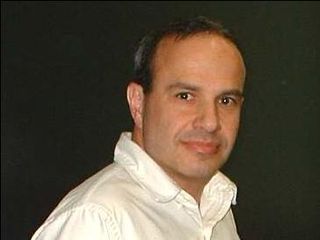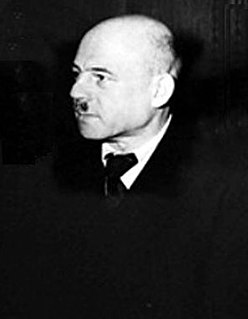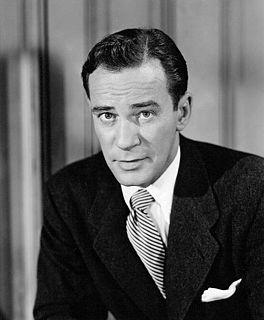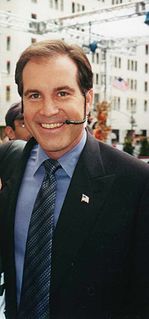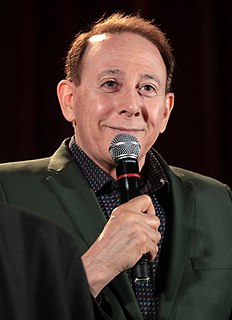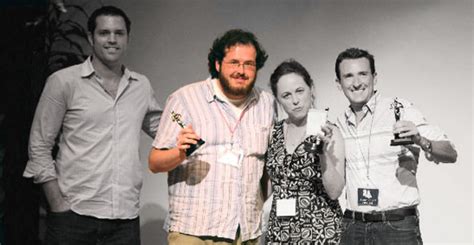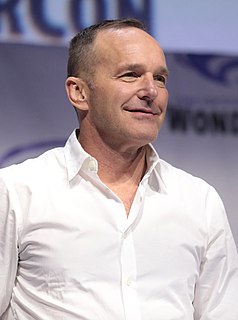Top 1200 One Sentence Quotes & Sayings - Page 20
Explore popular One Sentence quotes.
Last updated on October 5, 2024.
I feel that in the past, my style has shown itself to be capable of handling dark and light in the same paragraph, or even in the same sentence. That's something I almost take for granted. I think it was more a concern to get the details right and persuasively recreate the world I was trying to write about.
The breakdown of our language, evident in the misuse, i.e., the misunderstanding of nouns and adjectives, is most grave, though perhaps not so conspicuous, in the handling of prepositions, those modest little connectives that hold the parts of a phrase or a sentence together. They are the joints of any language, what make it, literally, articulate.
Trying to take a feeling from one language, and express it in another is naturally that's my goal. You can't possibly achieve that in a perfect way because there's so many things you have to take into consideration. You know, think about every word, every sentence, every paragraph, and do what you can.
If you listen to the urban speech patterns there you'll find it's quite characteristic that a sentence will begin in one language, go through a second language and end in a third. It's the very playful, very natural result of juggling languages. You are always reaching for the most appropriate phrase.
I'm open to reading almost anything - fiction, nonfiction - as long as I know from the first sentence or two that this is a voice I want to listen to for a good long while. It has much to do with imagery and language, a particular perspective, the assured knowledge of the particular universe the writer has created.
The next sentence is one of the most important spiritual truths you will ever learn: God develops the fruit of the Spirit in your life by allowing you to experience circumstances in which you're tempted to express the exact opposite quality. Character development always involves a choice, and temptation provides that opportunity.
I don't think music affects what words I choose to type in what order, within what punctuation, at this point, because I'm rereading and editing each sentence, at this point, in my published books, probably 100-150 times each, on average, and listening to probably 20-60 different songs in that time.
To those who care about punctuation, a sentence such as "Thank God its Friday" (without the apostrophe) rouses feelings not only of despair but of violence. The confusion of the possessive "its" (no apostrophe) with the contractive "it's" (with apostrophe) is an unequivocal signal of illiteracy and sets off a Pavlovian "kill" response in the average stickler.
I was a grade B housewife, maybe a B minus. But when I got time to write, I would be unable to finish a sentence. I had anxiety attacks. Partly it was a way of personifying the situation because I couldn't breathe. I was surrounded by people and by duties. I was a housewife and the children's mother, and I was judged on how I performed those roles.
I have done literary translation because the University of Arkansas, where I did my MFA, was program of creative writing and translation, and it's a very different experience. You're trying to honor the writer. You shouldn't allow yourself, for example, to encounter a sentence that's three lines long and break it up into four smaller sentences.
You expect far too much of a first sentence. Think of it as analagous to a good country breakfast: what we want is something simple, but nourishing to the imagination. Hold the philosophy, hold the adjectives, just give us a plain subject and verb and perhaps a wholesome, nonfattening adverb or two.






